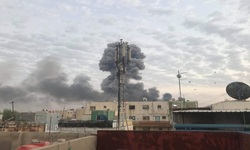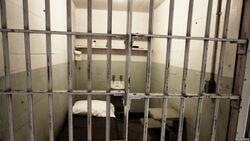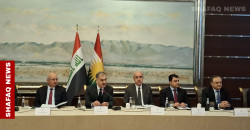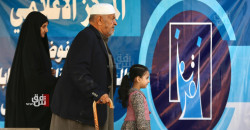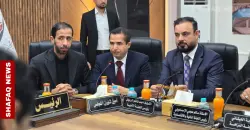UNDP launches anti-corruption program for Iraq and the Arab region
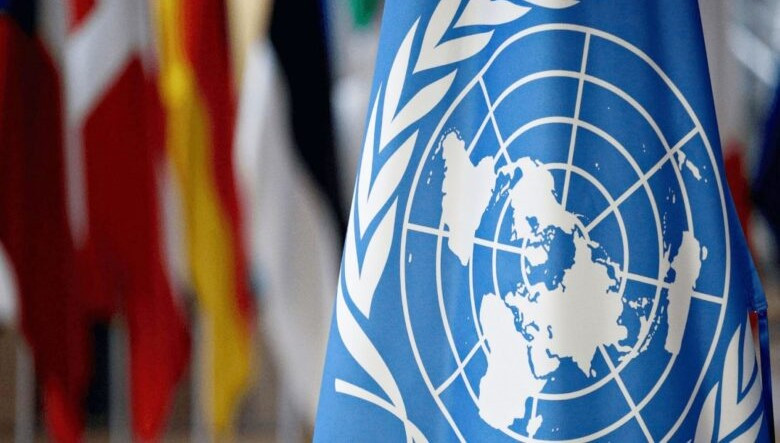
Shafaq News/ The United Nations Development Programme (UNDP) has outlined key recommendations to combat corruption in the Arab region and Iraq, following a forum held in Baghdad.
Key steps include facilitating government operations, adopting e-governance and artificial intelligence, enhancing the roles of women and youth, fostering public-private partnerships, and establishing an Arab Observatory for Integrity and Transparency.
The UN report noted that Iraq hosted the second forum to promote transparency and good governance from September 10 to 12, 2024, with over 300 participants from 29 countries, marking a significant step in Iraq's efforts to fight corruption and promote sustainable solutions in the Arab region.
Organized in collaboration with the Arab Administrative Development Organization, Transparency International, and the UNDP, the forum was held under the patronage of Prime Minister Muhammad Shia Al-Sudani. The theme was "Integrity: A Core Element in an Era of Complexity and Opportunity," and it was partially funded by the European Union.
The report highlighted that "the world faces intertwined challenges related to conflicts, climate crises, and digital gaps, particularly difficult issues in the Arab region, complicating efforts to curb corruption and enhance transparency. "
According to the UNDP's 2024 Trends Report, "there has been an unprecedented rise in conflicts in 2023, surpassing levels not seen since World War II. Furthermore, the 2023 Corruption Perceptions Index from Transparency International shows that most Arab countries have stagnated in their corruption rankings for over a decade, largely due to political corruption undermining anti-corruption efforts."
During the Baghdad forum, participants discussed these challenges and explored solutions through discussion groups and workshops. The report outlined "bold" measures needed to curb corruption across the Arab region, which include:
- Streamlining government processes and adopting e-government tools.
- Enhancing partnerships between the public and private sectors to ensure transparency and accountability.
- Empowering civil society to play a more active role in anti-corruption strategies.
- Encouraging the private sector to enhance internal governance and financial transparency.
One of the key proposals during the Baghdad forum was the establishment of an Arab Observatory for Integrity and Transparency, a regional platform to monitor anti-corruption efforts and evaluate policy effectiveness.
The report emphasized the potential of modern technologies, such as artificial intelligence and cloud computing, to improve governance efficiency. Additional recommendations included providing legal protection for whistleblowers, empowering women and youth in leadership roles, and ensuring transparency in public fund management.
Moreover, the forum highlighted the importance of "regional cooperation," urging governments to "share experiences and enhance cross-border investigations to tackle corruption on a broader scale."
In conclusion, the report indicated that the Arab Forum for Enhancing Transparency and Good Governance is a joint initiative between Transparency International and the Arab Administrative Development Organization, continuing annually until 2030. Each edition will be hosted by a different Arab country, bringing together governments, the private sector, academia, civil society, and media from across the region to enhance dialogue and expedite actions against corruption.
